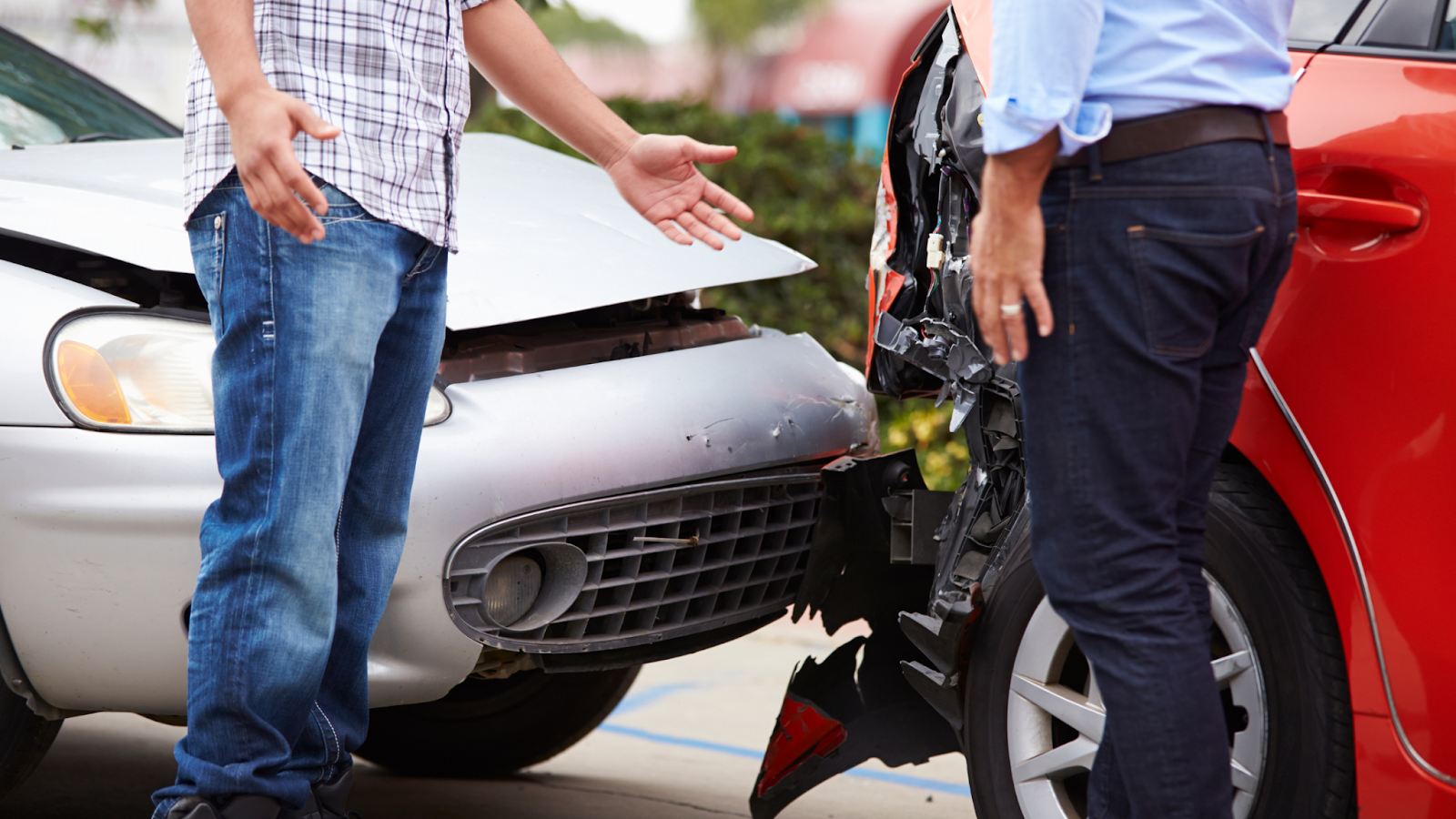Navigating Workers' Compensation in Connecticut: Understanding Types of Covered Injuries
Connecticut's workers' compensation system is a vital safety net for employees who suffer injuries or illnesses while on the job. However, not all workplace-related issues qualify for compensation. Eric Santoro, a seasoned Personal Injury and Board Certified Workers' Compensation attorney, sheds light on the types of injuries and illnesses that are covered by Connecticut's workers' compensation system. In this blog, we'll delve deeper into these categories to provide you with a comprehensive understanding.
Accidents
Accidents (or “traumatic injuries”) are perhaps the most common type of injury covered by workers' compensation. These include injuries resulting from slips, trips, falls, lifting, machinery accidents, and other unexpected incidents that occur during employment. Whether it's a broken bone from a fall, a lower back injury from lifting something heavy, or a laceration from equipment, Connecticut's workers' compensation system is designed to aid with accident-related injuries.
Repetitive Trauma Injuries
Repetitive trauma injuries are another category of injuries covered by Connecticut's workers' compensation system. These injuries develop gradually over time due to repetitive motions or tasks in the workplace. Common examples include carpal tunnel syndrome from continuous typing or lifting-related injuries from repeated heavy lifting.
Occupational Diseases
Workers exposed to hazardous substances or conditions on the job may develop occupational diseases. Connecticut's workers' compensation system recognizes these conditions as eligible for compensation. Examples of occupational diseases include lung conditions from exposure to asbestos, skin conditions from chemical exposure, and hearing loss due to long-term exposure to loud noise.
Mental Health Conditions Related to Employment
Mental health conditions can also be covered by workers' compensation if they arise out of the physical injury. Eric Santoro emphasizes this point, saying, "Connecticut's workers' compensation system acknowledges the importance of mental health. If an employee experiences, for example, depression due to physical injury, they may be eligible for compensation."
It's essential to note that proving the connection between a mental health condition and the physical injury can be complex, and also exposes the injured worker to any past mental health treatment being brought up. Seeking legal guidance is often advisable in such cases to ensure a thorough and fair evaluation.
Injuries During Commute and Business Travel
Connecticut does not follow the “Going and Coming Rule,” meaning that injuries that occur during the commute are not covered unless you are on the employer’s premises (for example, the employee is injured in a car accident before leaving the parking lot on the employer’s premises, or after pulling onto the premises when on the way to work). There are a number of exceptions to this rule, one being if the work requires that the employee travel.
Connecticut's workers' compensation system is designed to provide essential support to employees who suffer injuries or illnesses due to their work. It encompasses a wide range of injuries and conditions, including accidents, repetitive stress injuries, occupational diseases, and even mental health conditions under certain circumstances.
Understanding the types of injuries and illnesses that are covered is essential for both employees and employers. If you find yourself in a situation where you've suffered a work-related injury or illness, it's crucial to seek legal advice from a seasoned attorney like Eric Santoro. Having an expert by your side can help ensure that you receive the compensation and support you need during a challenging time, protecting your rights and well-being in the process.










